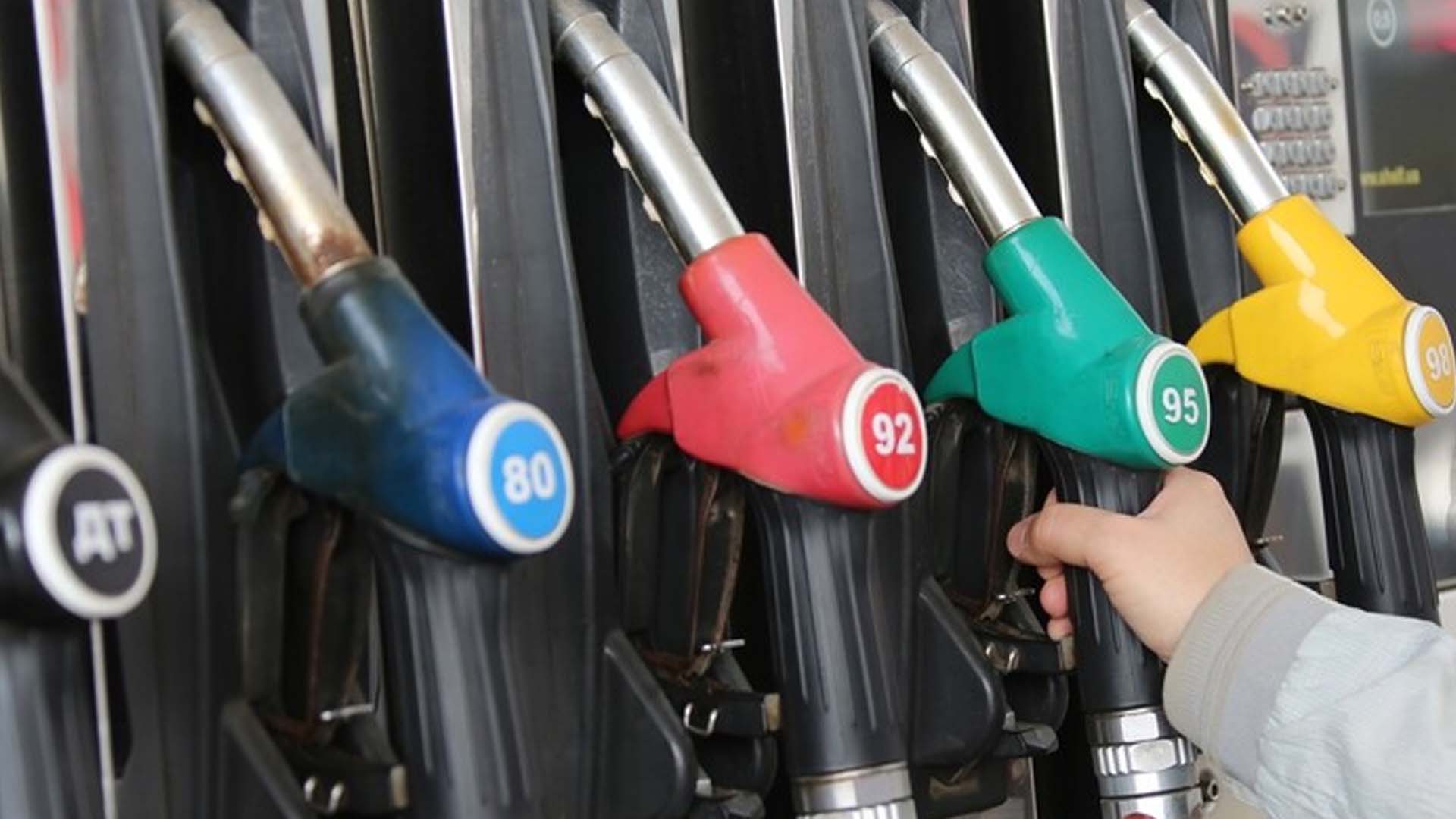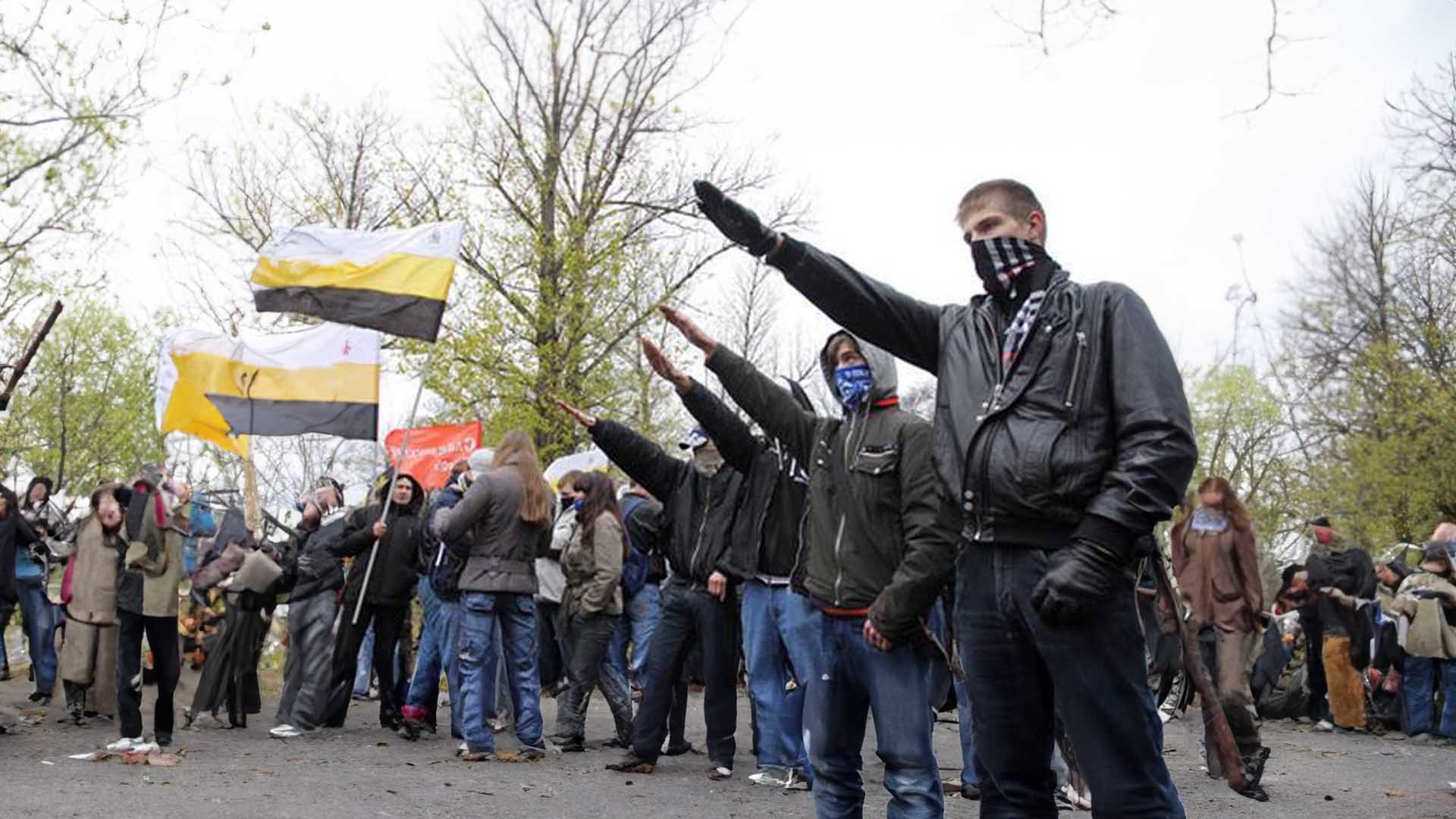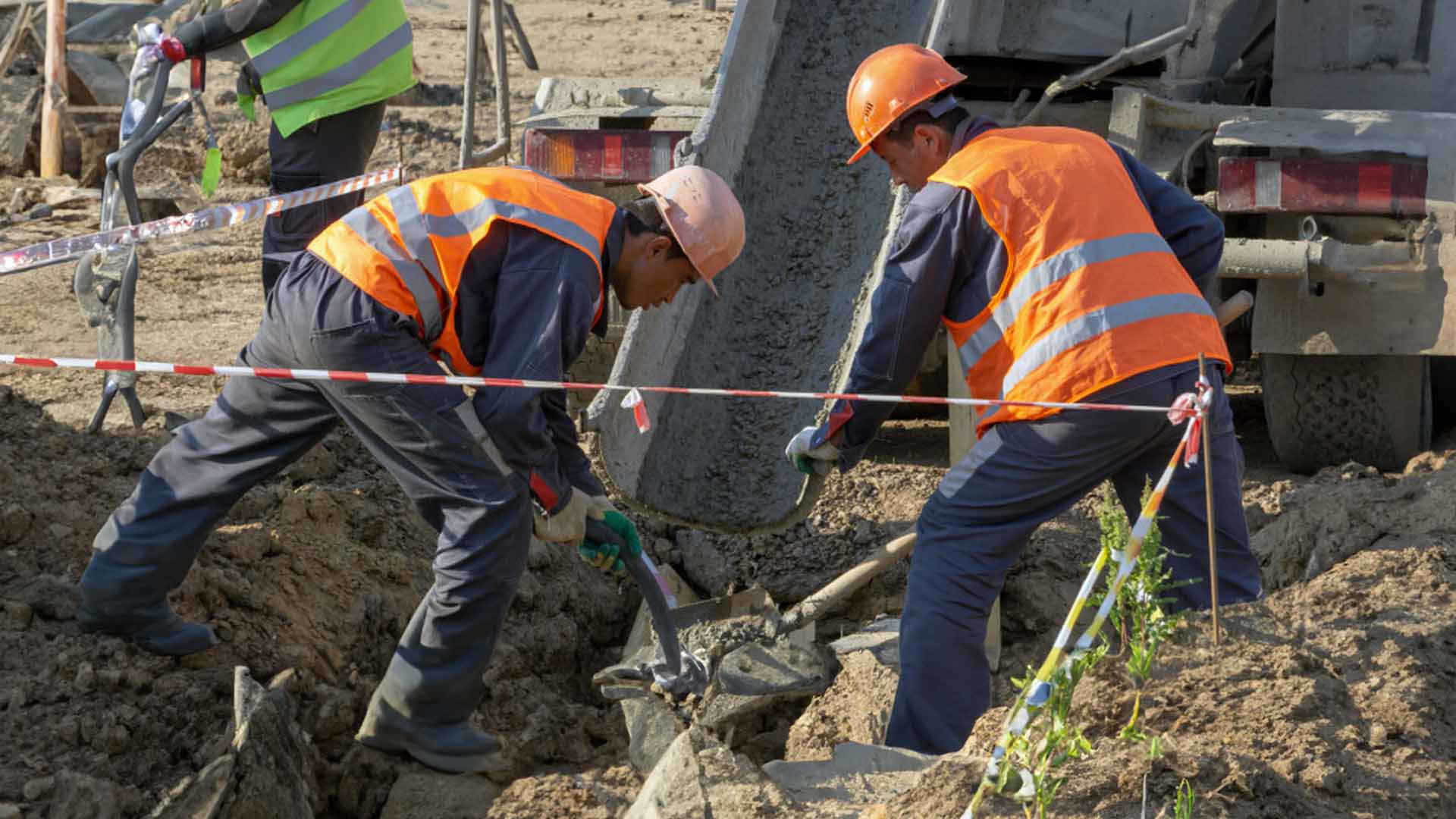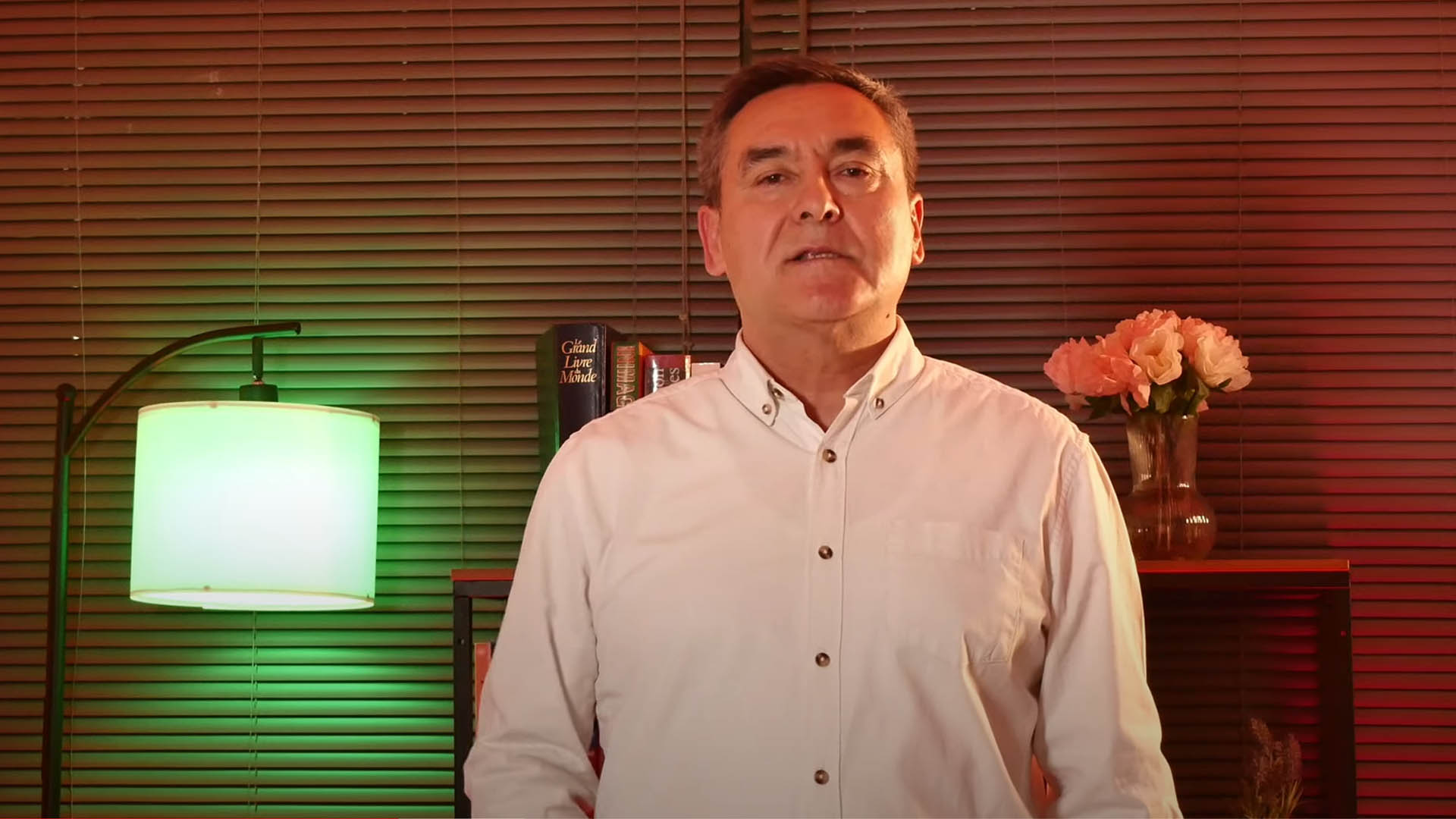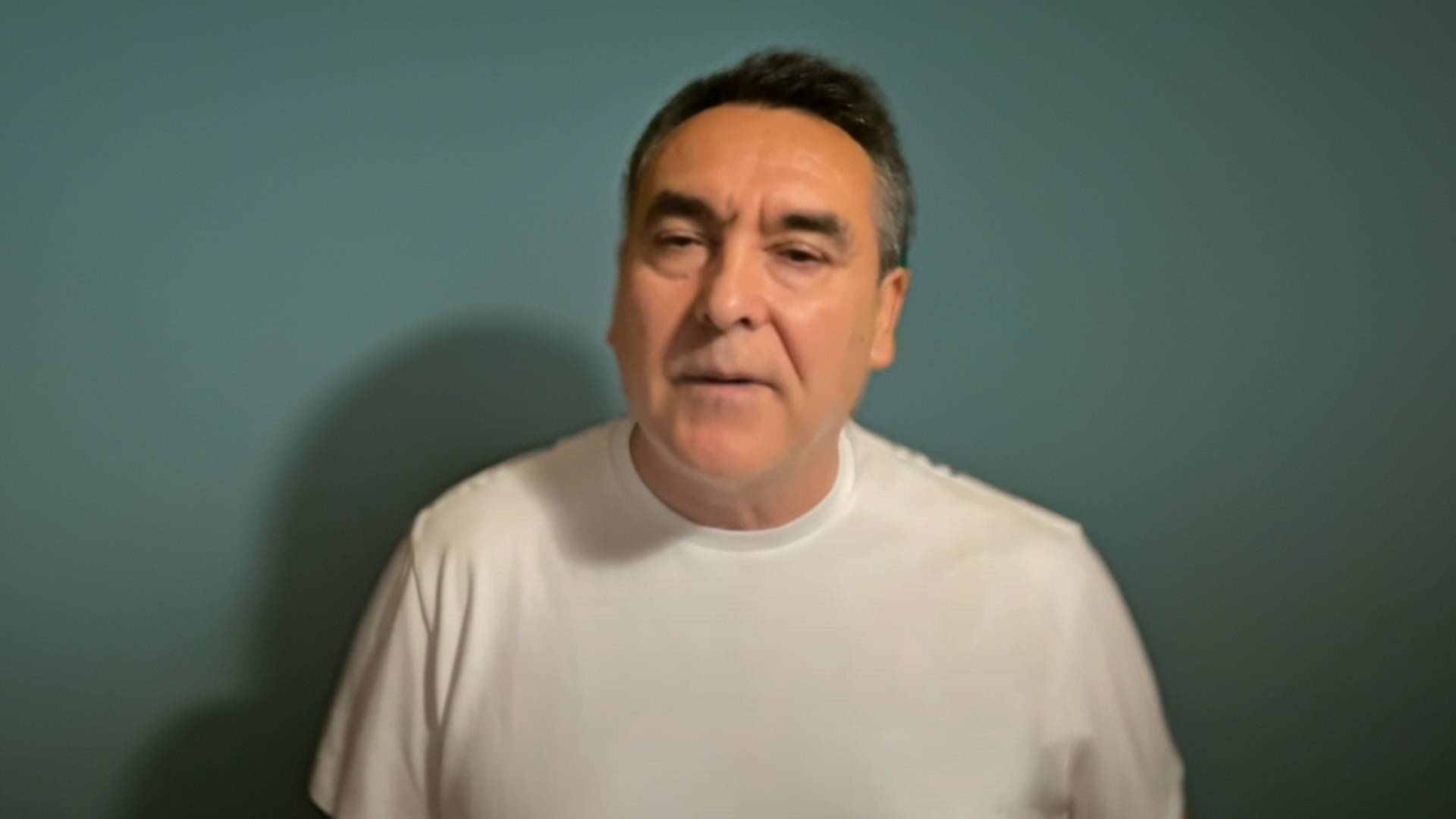Petrol for A-92 and A-95 grades has disappeared at petrol stations in Turkmenistan’s Mary region. Instead, A-80 petrol is sold in limited quantities. Those who need to fill up have to queue up in front of the petrol stations. Radio Azatlyk reported on the fuel situation.
The situation began to worsen on Wednesday afternoon. The situation is especially difficult at petrol stations located in settlements remote from the district centers. According to residents, there is no petrol at all. Moreover, the shortage appeared suddenly. A-80 grade fuel can be found only at some central petrol stations, but even this is sold in limited quantities. Fuel is sold for 50 manats per person, and some even managed to reduce the amount to 40 manats. A-80 grade petrol costs 1 manat 15 tenges per liter in Turkmenistan.
According to journalists, A-92 and A-95 petrol is not available at any petrol station in the oblast. Car queues waiting in front of petrol stations are standing around the clock. However, it should be noted that fuel shortages are a regular phenomenon in Turkmenistan. And recently the situation has been aggravated many times over.
Meanwhile, Turkmennebitonumleri, the state enterprise responsible for supplying fuel to petrol stations, has not made any statements about the lack of petrol in the southern region.
Mariysk car owners suspect that the reason for the shortage of petrol and diesel is the increase in the export of oil products. And they think so not unreasonably because, despite the absence of precise information about the volume of exports of motor fuels from the government of the country, the official chronicle contains information about the increase in exports in general terms.
Recall that Turkmenistan is among the top ten countries with the cheapest motor fuel in the domestic market. A litre of A-95 petrol costs 1 manat 50 tenge. However, it is not always possible to use it everywhere due to regular shortages.
To avoid spoiling engines, owners of relatively new cars refuse to use A-80 grade petrol. They put their cars in a car park for a while until better quality petrol is available. Until then, they use public transport or taxis to drive.
Those who are engaged in private hire are worse off. After all, when it is the only way to earn money and feed your family, doubts go away. Especially in times of mass unemployment in the country and the protracted economic crisis.

